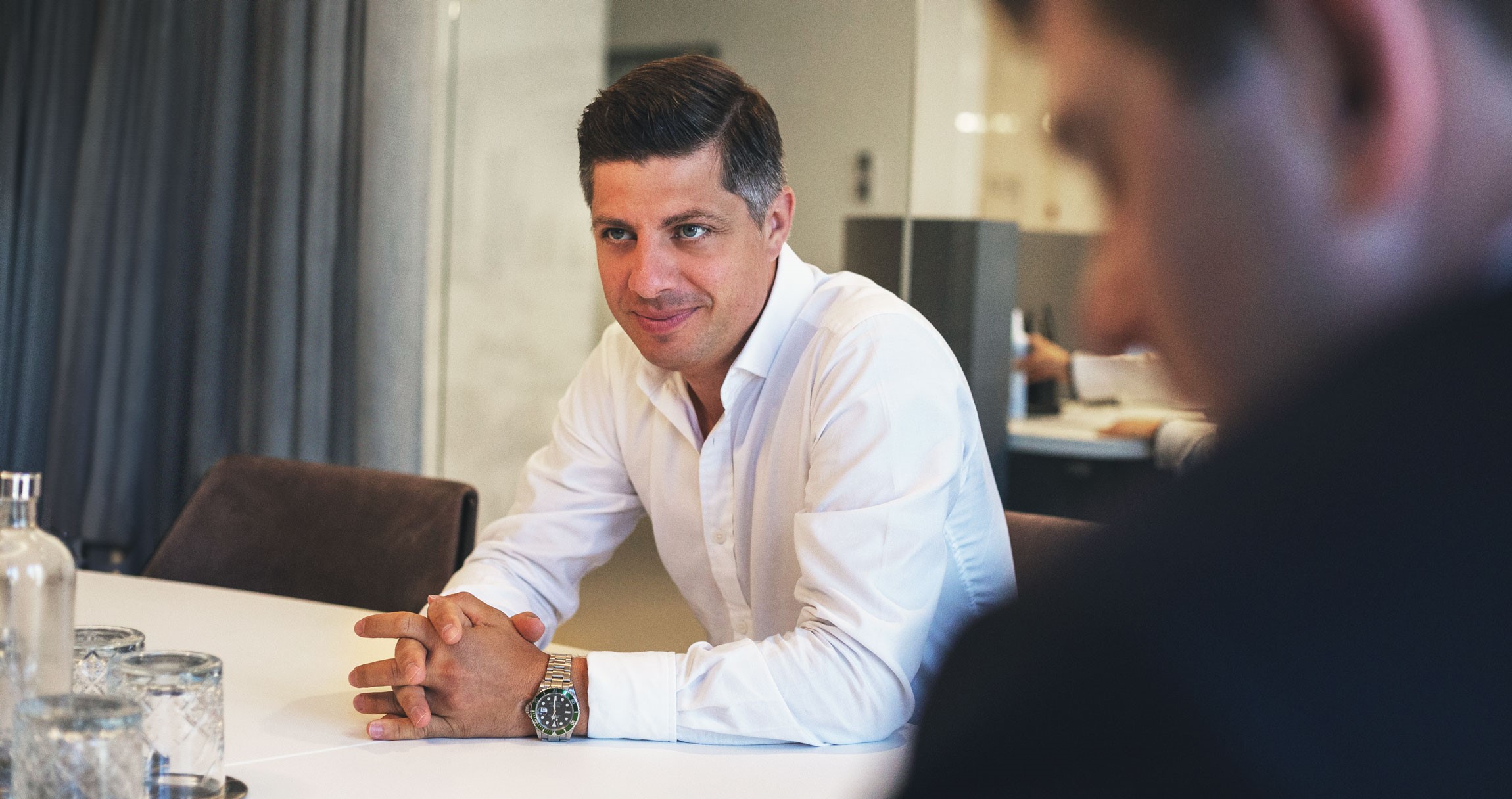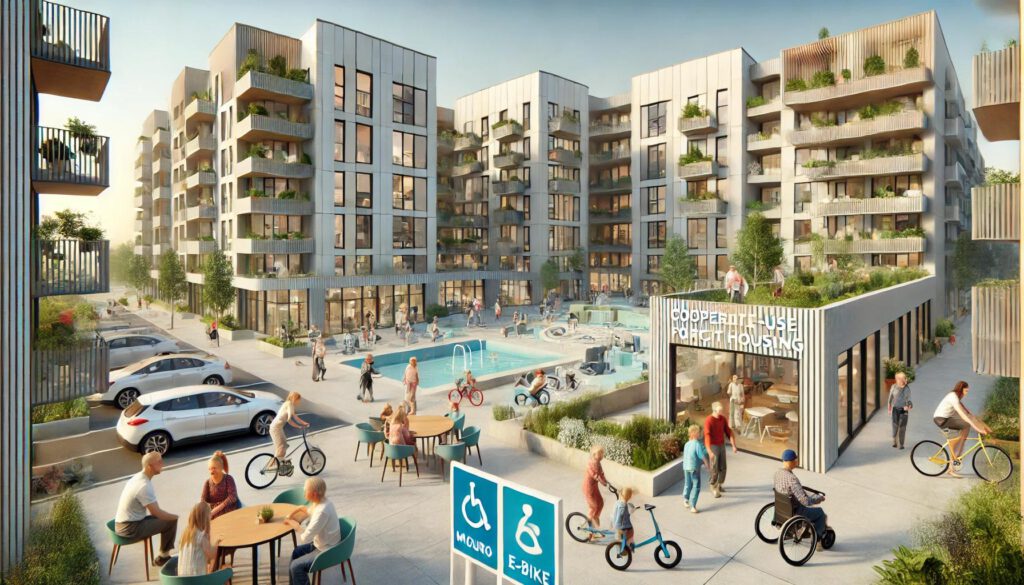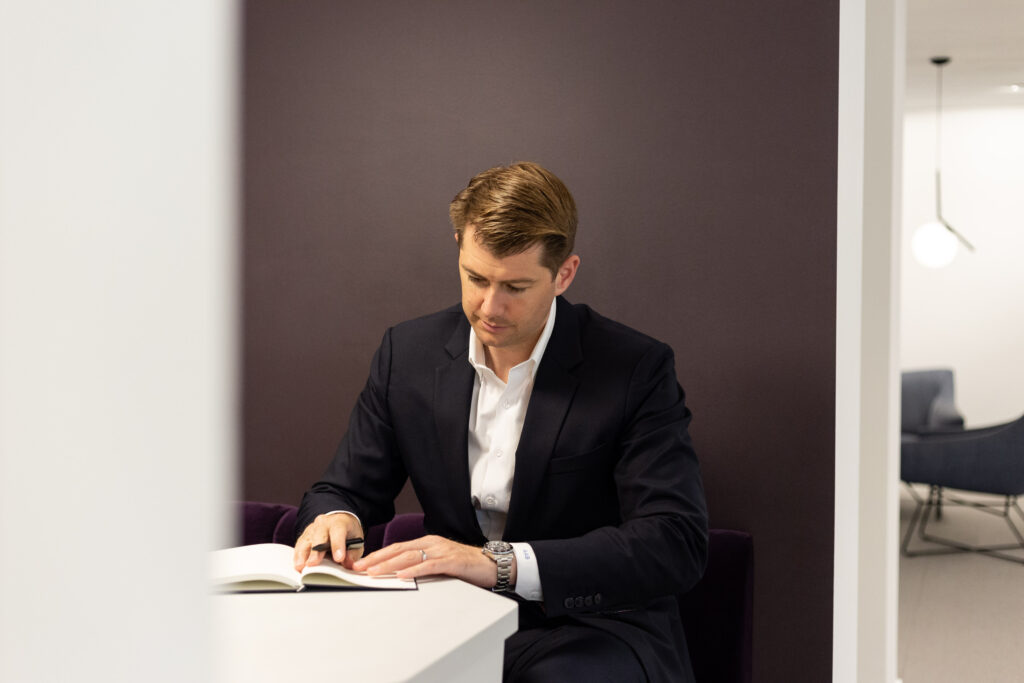Your outdoor facilities planner works from a remote island … Every morning, you open your laptop at a different place… Your foreman handles his tablet more than he does the water level: New Work and digital transformation have long entered the more traditional industries, e.g. the construction and real estate business. At the same time, the transformation is a necessity just as much as it is a welcome occasion for enterprises to develop a new self-image as an employer and to transform this into employer branding. In last year’s Valdivia Expert Tip, we have already presented a number of ideas on introducting employer branding. This time, it is mostly about the methodology as the underlying success factor for the project – ranging from tips on working groups to a detailed report on experiences straight out of the industry’s reality.
The Psychological Foundation
An effective employer brand relies on the acceptance and the commitment of everybody involved – from corporate executives and middle management to the entire team. Only then can it contribute to the stability and resilience of your business activity volume from within and attract interesting applicants from the outside. Important key features, such as appreciation, diversity or flat hierarchy, do not meet with the approval and understanding of everybody involved. Even those who support these changes sometimes find it hard to put all the aspects into practice in the midst of everyday business routine.
In an interview, corporate cultural change expert Sebastian Purps-Pardigol lists the prerequisites of a mindset for a successful project of the type: staff members want to be an active part of the change, their ideas to be heard, to receive fair feedback and to generally feel connected with the enterprise and the change they are facing.
A Robust Approach to Work
Clearly-phrased goals, brand essence, putting values into practice and even developing formal elements, such as text modules for job advertisements or a guideline for social media posts, will likely be most successful when as many staff members as possible have been involved from the very beginning. Volunteer working groups are one tried, tested and proven approach, guided by an external faciltator, if needed. It is vital that representatives of all hierarchy levels and all departments meet and can have an exchange on a level playing field.
Two factors have proven to be major vantage points:
- It is not enough for everybody in the enterprise to learn about the mere existence of a project. What counts is that they understand the Why, the purpose behind it: What are the reasons and motives for the introduction of an employer brand and therefore – in most cases – of a new self-conception of the enterprise as well? Kick-off events are an established format for the entire staff, or – in the case of affiliates at different locations – an internal roadshow. Just mentioning this topic as one of many bullet points at the general assembly, conversely, is not a very good idea.
- Should frictions exist within the enterprise, it is necessary to first clear the air. For only if all involved people are willing to listen to each other and learn from one another can such a project succeed. Your HR department, for instance, can take home important stimulus from Marketing since, in a way, their job, too, is advertising.
Resilience through Feedback
Constant feedback to the entire staff is another important point. Misunderstandings happen all too easily and result in resistance when working groups seem to be permanently occupied with themselves. Here is how to avoid this:
- Always and at all times make relevant steps known to the public; why not have the staff vote on good options, whenever this is feasible.
- Use your intranet (if you have one) or your own app to keep everybody updated on progress made and issues arising, and create extra transparency by enabling working group members to communicate internally.
- Depending on the duration and the scope of the project, install several working groups and have group members rotate within a certain period.
- Townhall meetings with executives for status reports and Q&A sessions for everybody’s questions, wishes or reservations.
A Real-Life Report
Lorenz Hansen is the owner and CEO of 125-year-old Hannoveraner Gundlach Bau und Immobilien GmbH & Co. KG. In an in-depth interview with Sebastian Purps-Pardigol, he reports on his experiences with a profound change process in his enterprise. As a typical representative of his industry, he talks about the many rewarding and also suprising experiences as they especially arise in the field of construction and real estate – find it right here on YouTube.











































